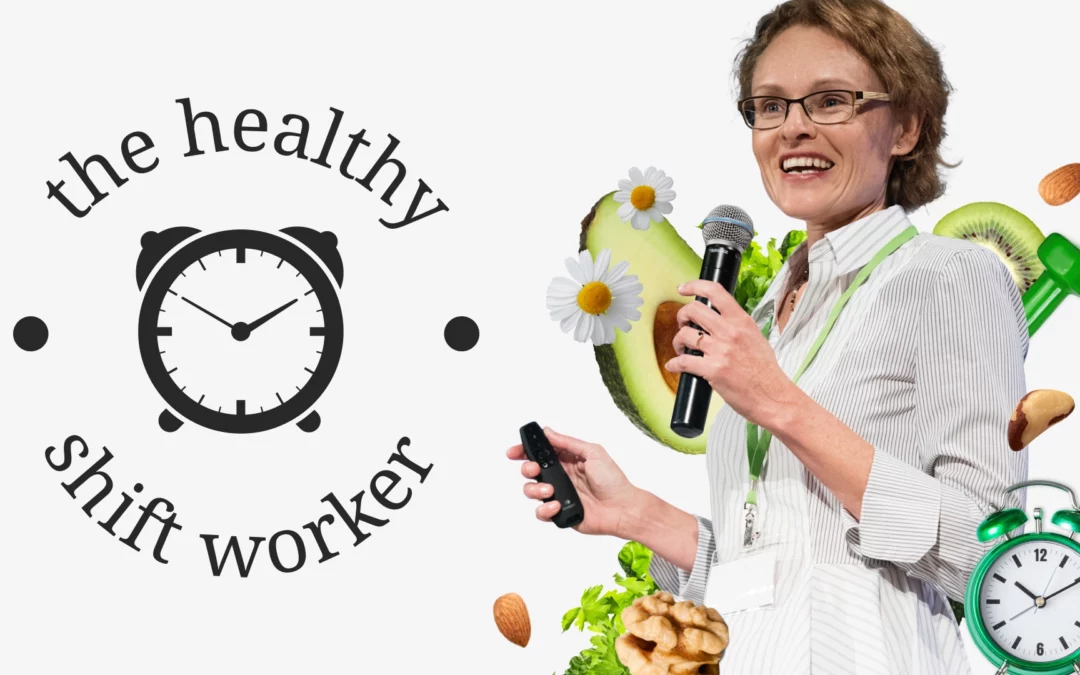
by Audra Starkey | Jun 10, 2015 | Sleep
The more research I do on some of the detrimental effects of sleep deprivation, particularly in the area of shift work health, the topic of weight gain keeps popping up over and over again. However every time I read this statement – “sleep deprivation is making us...

by Audra Starkey | Oct 28, 2010 | Sleep
As shift workers we’ve heard it all before – in order to feel healthier and have more energy, we must get more sleep. But when you work crazy and irregular hours like we do, it’s certainly not an easy thing to do. However in my quest to help you to...

by Audra Starkey | Apr 12, 2010 | Sleep
If you’re having problems sleeping then welcome to the wonderful wide world of shift work! Thanks to the crazy and irregular hours that we work, getting a good night’s sleep can certainly be one of hardest things to achieve. And we all know that sleep...



